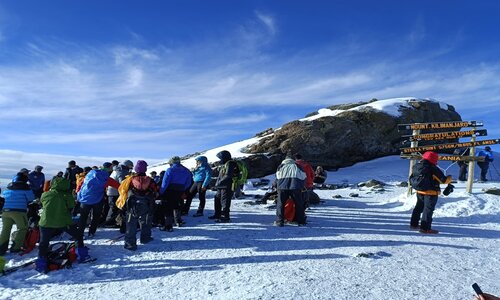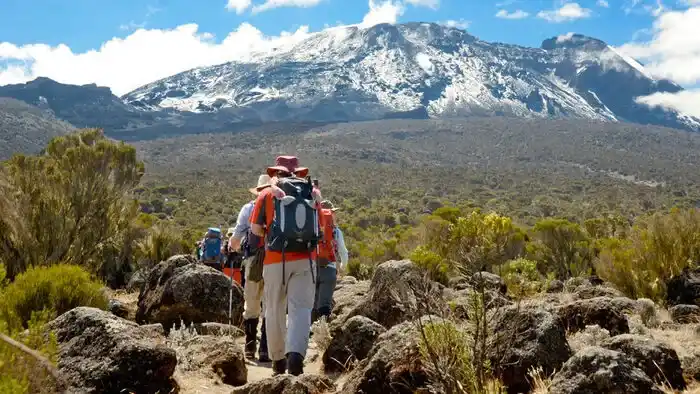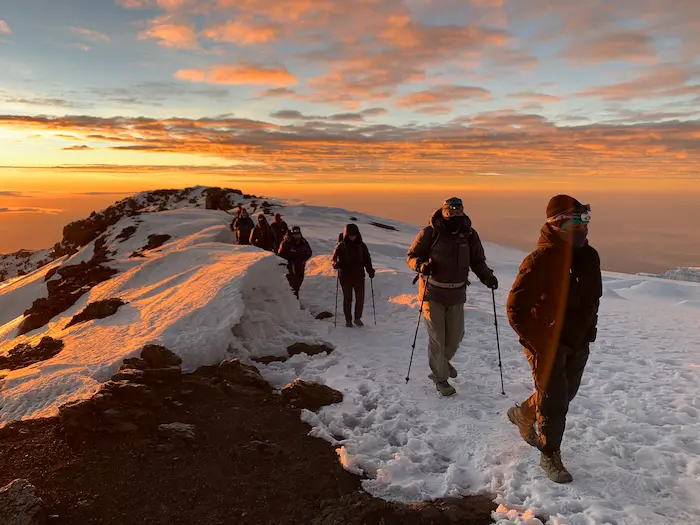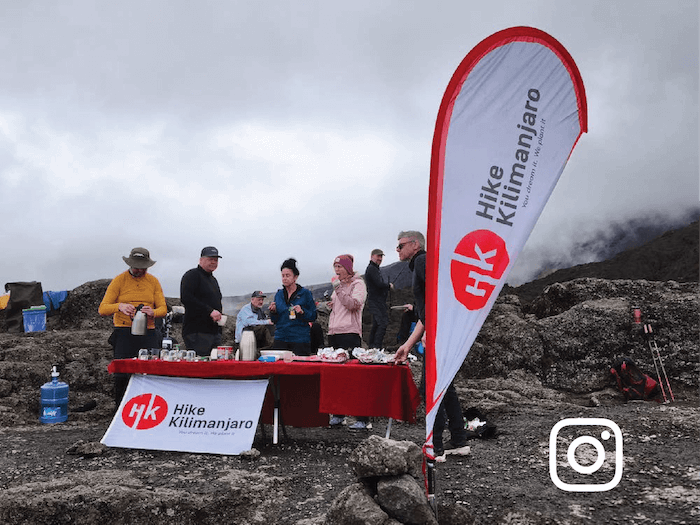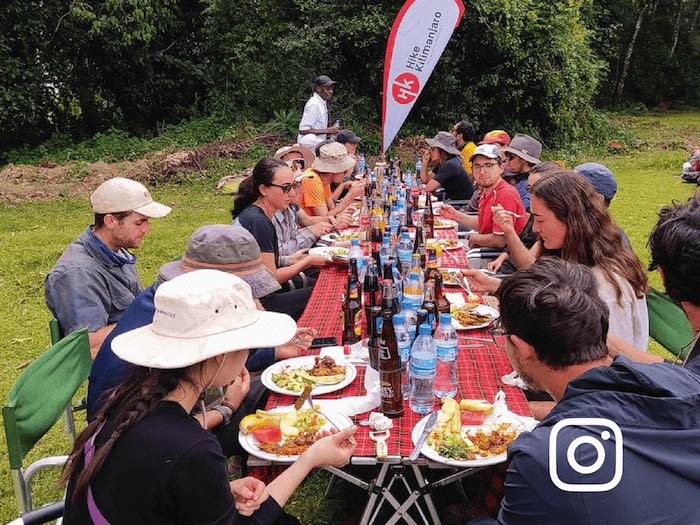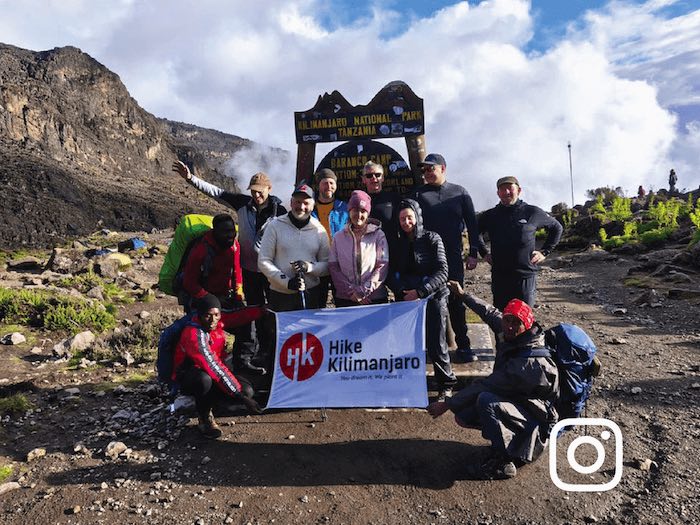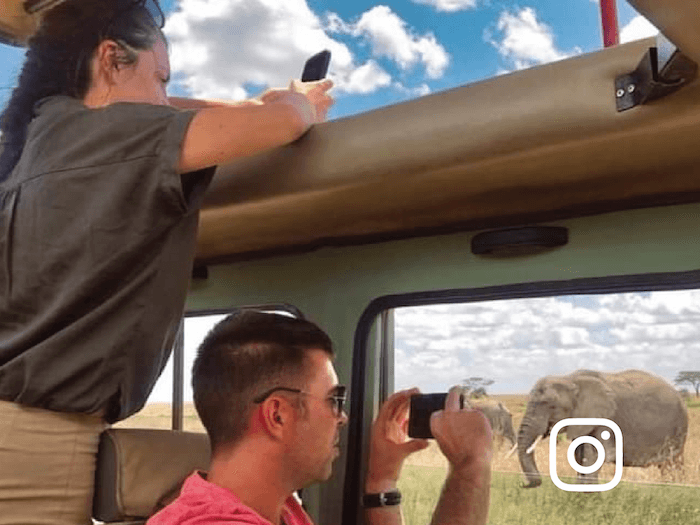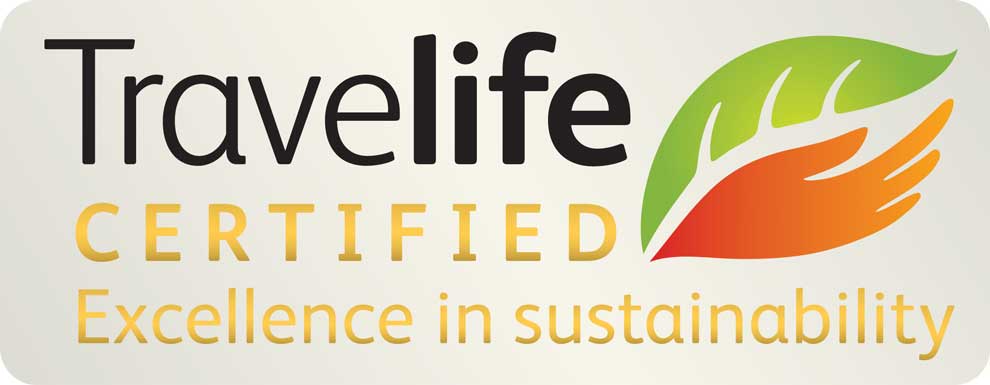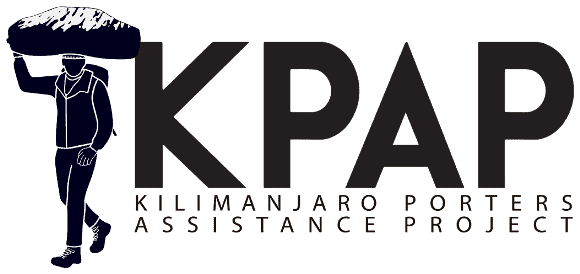Is Malaria a Risk on Safari in Tanzania?
Is malaria a concern on safari in Tanzania? Learn about the real risk, how to prevent it, and how to stay safe during your unforgettable safari adventure.
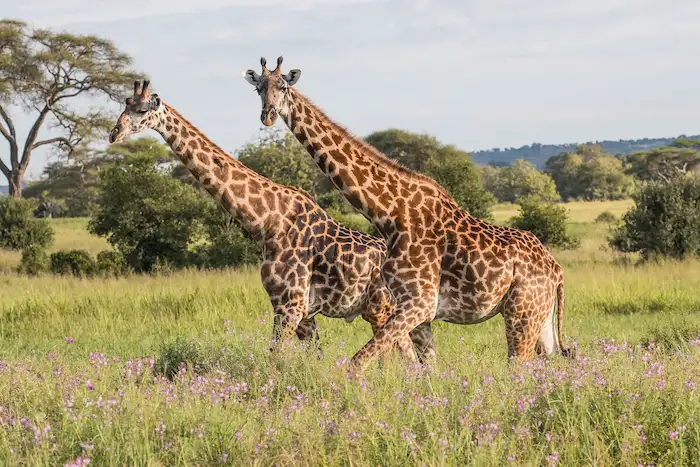
Is Malaria a Risk on Safari in Tanzania? Everything You Need to Know Before Your Adventure
Planning a safari in Tanzania is an exciting experience, from witnessing the Great Wildebeest Migration in the Serengeti to spotting elephants in Tarangire or exploring the Ngorongoro Crater. But one of the most common questions travellers ask is:
“Is malaria a risk on safari in Tanzania?”
The short answer is yes, malaria is present in many parts of Tanzania but the good news is, with proper precautions, you can significantly reduce your risk and enjoy your safari with confidence.
1. Is Malaria Common in Tanzania?
Yes, malaria is endemic in most regions of Tanzania, including the popular safari destinations like:
- Serengeti National Park
- Ngorongoro Conservation Area
- Tarangire National Park
- Lake Manyara National Park
- Arusha National Park
The risk varies depending on the season, elevation, and geographic location, but it’s always wise to take preventative measures.
2. How Do You Get Malaria?
Malaria is caused by a parasite transmitted through the bite of infected female Anopheles mosquitoes, which tend to bite at night, from dusk to dawn.
You cannot get malaria from another person, food, or water. It only spreads through mosquito bites in malaria-risk areas.
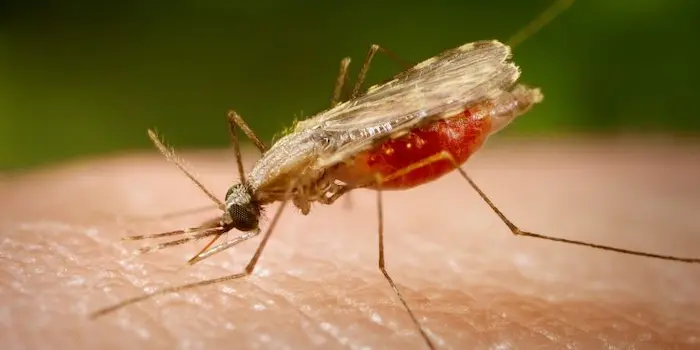
3. Malaria Risk on Safari – Should I Be Worried?
While the risk exists, most safari lodges and camps in Tanzania take serious mosquito-control measures, including:
- Mosquito nets in rooms
- Insect repellent sprays
- Evening insect coils
- Screened windows and doors
Also, many safaris take place in higher-altitude regions (like the Ngorongoro Highlands or parts of the Serengeti), where malaria transmission is lower due to cooler temperatures.
So while the risk is not zero, it is well-managed with simple precautions.
4. How to Protect Yourself from Malaria on Safari. When to Get Vaccinated Before Your Trip
✅ Take Anti-Malarial Medication
This is the most effective way to prevent malaria. Commonly prescribed options include:
Malarone (atovaquone/proguanil) – well-tolerated, minimal side effects
Doxycycline – also protects against other infections
Lariam (mefloquine) – longer half-life, but not suitable for everyone
Consult your travel doctor at least 2–4 weeks before departure to get the right prescription based on your medical history and trip length.
✅ Use Insect Repellent
Apply a repellent with DEET (20–50%), picaridin, or lemon eucalyptus oil on all exposed skin, especially in the evenings.
✅ Wear Protective Clothing
Long-sleeved shirts, long pants, socks, and closed shoes are highly recommended at dusk and dawn when mosquitoes are most active.
✅ Sleep Under a Mosquito Net
Most safari accommodations provide insecticide-treated mosquito nets. Use them every night, even if the room feels sealed.
5. Is There Malaria on Zanzibar?
Yes, malaria is present in Zanzibar, but the risk is much lower than on the mainland. That said, malaria prevention is still recommended for all travelers visiting the islands.
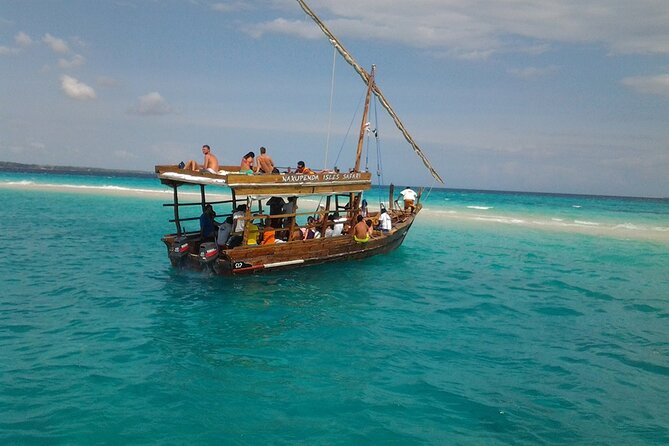
6. What Are the Symptoms of Malaria?. Health Safety Tips During Your Tanzania Trip
Malaria symptoms can appear 7–30 days after infection, and may include:
- Fever and chills
- Headaches
- Muscle aches
- Fatigue
- Nausea or vomiting
If you experience any of these symptoms during or after your trip, seek medical attention immediately and inform the doctor about your recent travel to a malaria-endemic country.
7. Should I Cancel My Safari Because of Malaria?
Not. With the right preparation, your safari is perfectly safe and unforgettable. Millions of travellers visit Tanzania every year, including families with children, and enjoy their safari experiences without any malaria-related issues.
The key is to be informed and take the basic precautions seriously.
Final Thoughts: Malaria Risk on Safari in Tanzania
Yes, malaria is a risk in Tanzania, including on safari, but it is very manageable. With anti-malarial medication, insect repellent, proper clothing, and safe accommodations, you can confidently explore Tanzania’s breathtaking national parks.
At Hike Kilimanjaro, we provide all our guests with up-to-date travel health advice, including support on malaria prevention and what to pack for both your safari and Kilimanjaro climb.
Travel Safe. Safari Smart. Explore Tanzania with Confidence.
If you’re planning a trip with us and need help with travel medication or packing lists, don’t hesitate to get in touch. Our team is happy to guide you through everything so you can focus on the wildlife, not the worries.
Share Your Article:
Make your dream trip come true with Hike Kilimanjaro .

5/5
Based on 100+ reviews

4.9
Based on 60+ reviews
Customized Travel Proposal
At Hike Kilimanjaro, you can tailor your trip to your preferences. Our sample itineraries are customizable, and our specialists work with you to create your dream trip!
Related posts
These full and frank reviews are from travelers who have traveled with Hike Kilimanjaro previously. The reviews and experiences shown here are from reputable travel websites like TripAdvisor, Google, Facebook, and Trust Pilot, etc.
Speak to an Expert
Need assistance with your booking? Our friendly Tanzania-based expert team is here to help. Feel free to reach out with any travel-related questions or concerns.

Maxon

- WhatsApp +255 692 406 444


